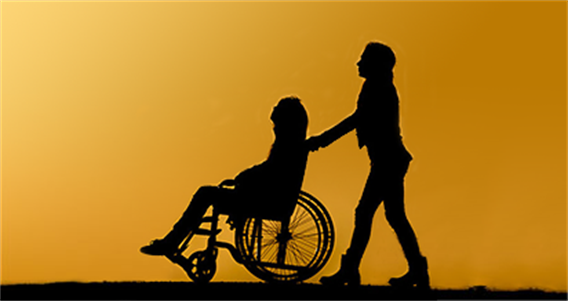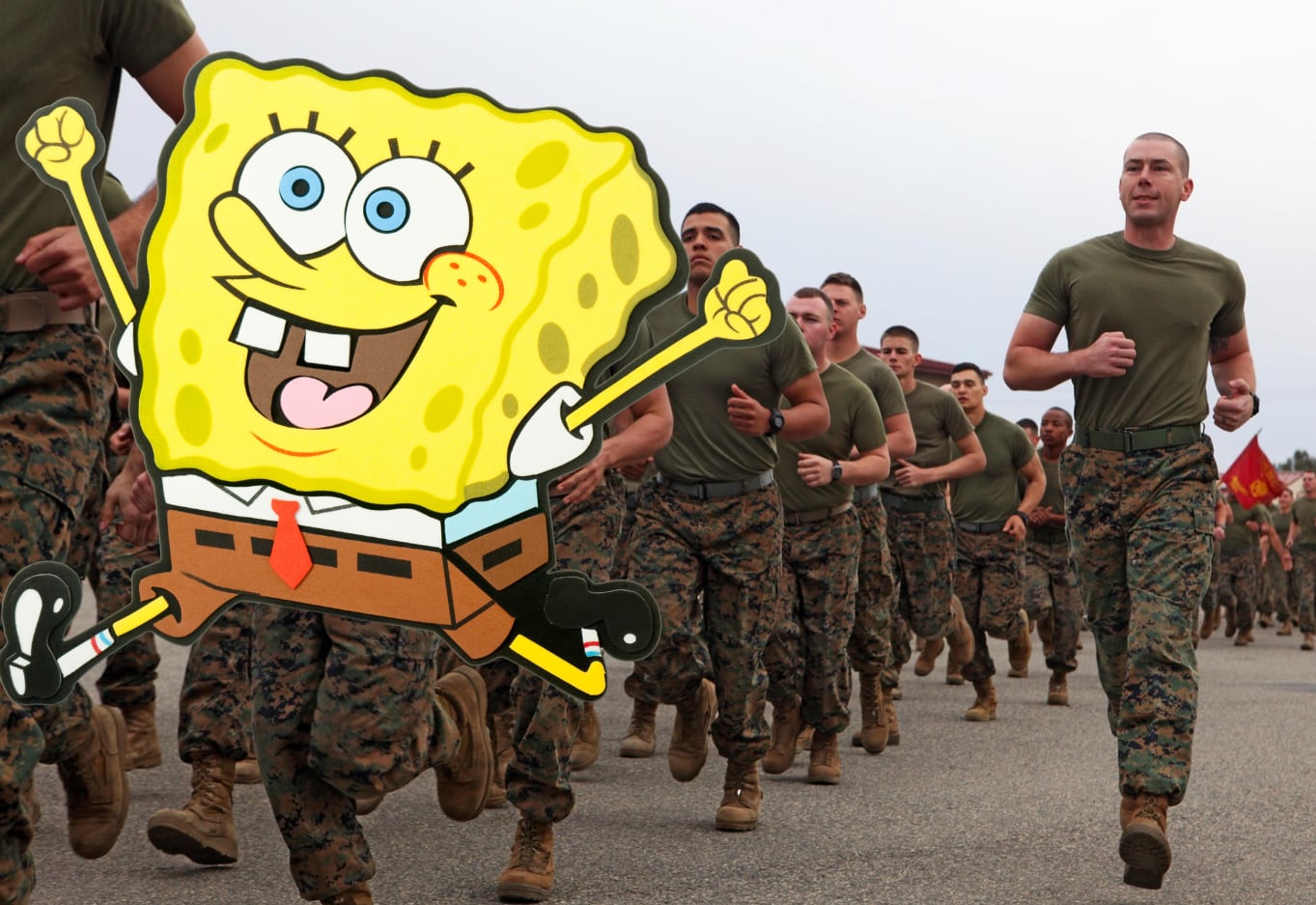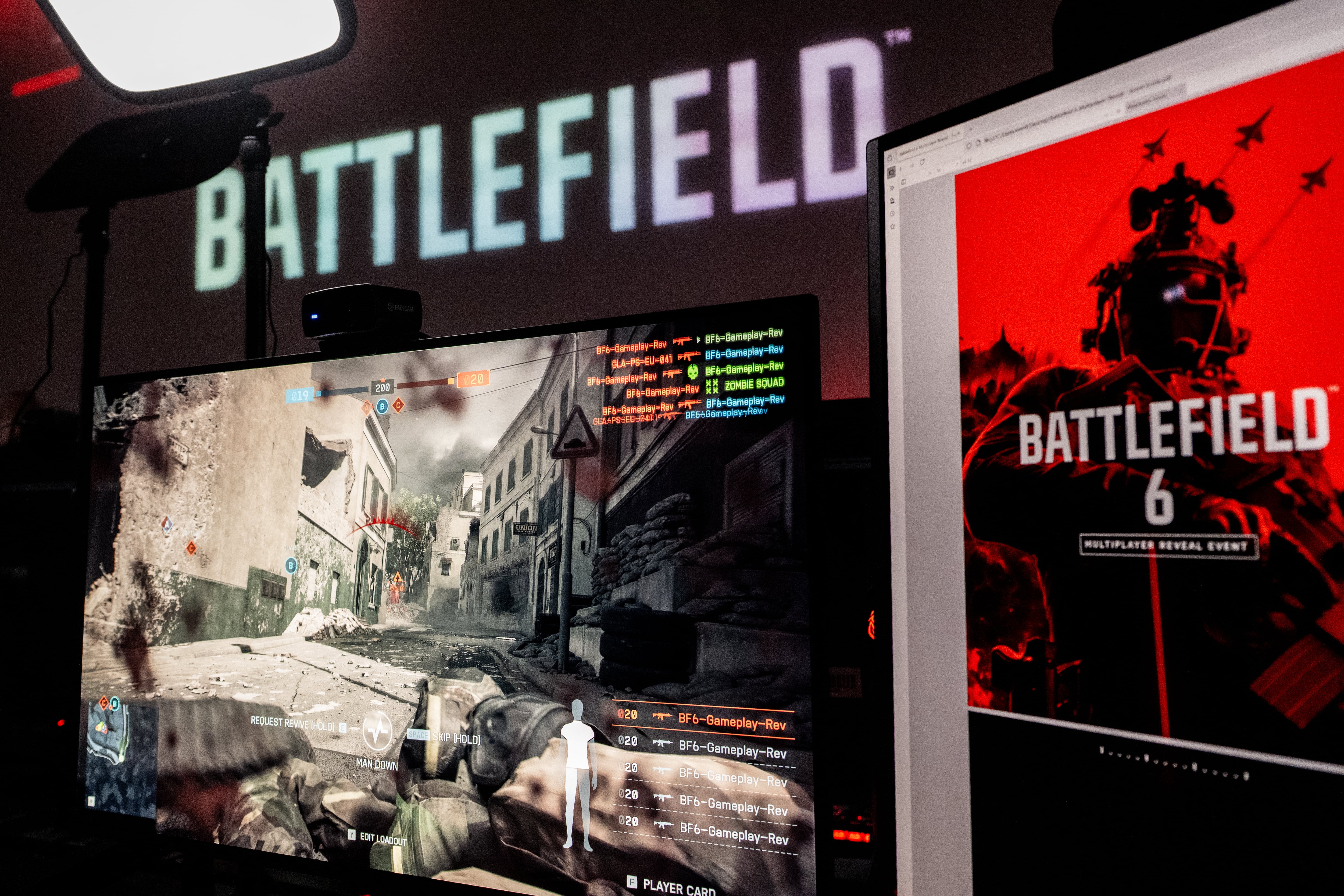It happens about 80 minutes into “The SpongeBob SquarePants Movie.” SpongeBob, denied a promotion and humiliated in front of his co-workers, wanders into the Goofy Goober Ice Cream Party Boat. He proceeds to spiral. After a binge of sundaes and shame, he stumbles on stage, belting out a shredded guitar solo rendition of “I’m a Goofy Goober (Rock!)” in front of a confused crowd. There’s glitter. There’s foam. There’s full-throttle emotional release.
And if you’ve spent any amount of time in uniform, you’ve likely seen that clip — or at least a meme of it — shared with eerie sincerity. Maybe you laughed. Perhaps you rolled your eyes. But maybe, just maybe, it hit a little too close to home.
For all its absurdity, SpongeBob’s “Goofy Goober” breakdown has become an unlikely touchstone in military circles, particularly among those who know what it feels like to carry more than they’re allowed to say.
It’s the screaming catharsis that never happens in a formation. The ridiculous meltdown captures the quiet, internal ones that don’t make it into war movies. Every service member who’s ever needed to cry and didn’t, who’s ever felt out of place in their own civilian life and who’s ever tried to joke their way through pain that had no good language. SpongeBob just says it louder.
Military culture breeds stoicism. You learn quickly not to complain, hesitate or show weakness. And when the mission ends and the uniform comes off, all that armor doesn’t just evaporate. It calcifies. You carry it home, to your relationships, jobs and silence.
SpongeBob, in contrast, is absurdly open. He is the emotional inverse of everything military training drills into you. He’s hopeful. He’s naive. He wears his feelings on his sleeves — and when those sleeves get dirty, he cries about it in a room full of strangers.
And that’s the point. Strangely, that scene feels honest. Honest about what it feels like when you’ve been holding it together for too long. Honest about what happens when the ridiculousness finally outweighs the rules. SpongeBob’s meltdown is a stand-in for the veteran who doesn’t drink to party, but to forget. It’s the laugh-before-you-snap moment familiar to anyone who’s ever been “fine” until they weren’t.
The song “I’m a Goofy Goober” isn’t just silly. It’s defiant. When SpongeBob shouts, “I’m a kid, you say? When you say I’m a kid, I say: Say it again!” he’s rejecting the labels people assign to him. He’s rejecting the structure. He’s saying, “I’m still me, even if I don’t fit what you think I should be.”
That hits hard when you’ve gone from commanding missions to being told to use the kiosk at the DMV. When you’ve gone from decision-making in high-pressure scenarios to being passed over for jobs because “you don’t have corporate experience.” When you’ve buried friends, you get asked to “tone it down” in staff meetings.
It’s easy to laugh at SpongeBob’s dramatics. But a lot of veterans would tell you it’s the closest thing to what their emotional breakdown might look like — if they ever let themselves have one.
The “Goofy Goober” scene has taken on mythic proportions in online veteran communities. On Reddit’s r/Veterans, memes show SpongeBob under the Goofy Goober spotlight with captions like, “When the VA asks if you’re experiencing any emotional distress,” or “Me pretending I’m fine at my civilian job after 12 years of war crimes and energy drinks.” It’s become shorthand. The absurdism makes the pain digestible. The joke gives permission to feel.
It’s not hard to see why the SpongeBob meme universe appeals to service members broadly. The military is built on contradiction: total professionalism and constant gallows humor, life-threatening stakes and childish barracks antics. SpongeBob is the unofficial saint of that contradiction — one minute making fart jokes, the next playing a heartbroken solo to a room that doesn’t get it.
The timing of the movie’s release is essential, too. “The SpongeBob SquarePants Movie” came out in 2004, as many of today’s midcareer veterans were deploying to Iraq and Afghanistan. It was the movie their younger siblings watched or the one they downloaded on iPods during deployment downtime. It became part of the cultural wallpaper.
But more than nostalgia, it’s about what wasn’t allowed back then. Mental health wasn’t openly discussed. Admitting to a struggle risked being pulled from the line, labeled weak and isolated. SpongeBob was the safe way to say what couldn’t be said. He still is.
This isn’t to say the “Goofy Goober” moment is the pinnacle of cinematic expression of trauma. It’s not. It’s a children’s movie with a peanut guitar solo. But it’s a reminder that catharsis can be ridiculous. The breaking point doesn’t always resemble a dark, brooding Oscar monologue. Sometimes it looks like a sponge screaming rock lyrics while crying over ice cream.
That’s what makes it stick.
Under the humor, movies like “My Dead Friend Zoe,” “Thank You for Your Service” and “American Sniper” explore PTSD through a dramatic, tightly controlled lens. But SpongeBob? He just lets go. And that, ironically, is what a lot of service members were trained never to do.
The military tells you how to go to war. It doesn’t always tell you how to come home. SpongeBob does both by screaming, falling apart and then picking up his ridiculous guitar and saving the day anyway.
Maybe that’s why, when the lights are low and the volume is cranked, even the toughest veteran might admit:
Yeah, I’m a Goofy Goober, too.
Tags:
SpongeBob SquarePantsGoofy GooberThe SpongeBob SquarePants Moviemilitary cultureobservation postIn Other News















